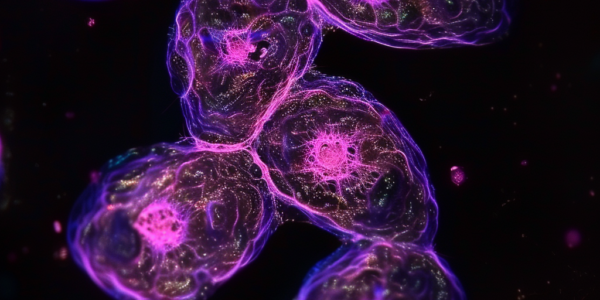Study in Nature Reveals Genetic Determinants of Micronucleus Formation and Implications for Human Disease
A recent study published in Nature has uncovered crucial insights into genomic instability and its implications for various diseases. The research delved into the mechanisms underlying the sequestration of DNA in aberrant extranuclear structures known as micronuclei (MN), associated with genomic instability, aging, and diseases linked to DNA damage and mitotic chromosomal imbalances. The study identified 145 genes that play a significant role in either increasing or decreasing MN formation, many of which have orthologues associated with human diseases, highlighting the potential clinical relevance of the findings. The identification of Dscc1 as a gene whose loss significantly increases MN formation and the validation of the DSCC1-associated MN instability phenotype in human cells offer insights into potential therapeutic avenues for addressing genomic instability.

